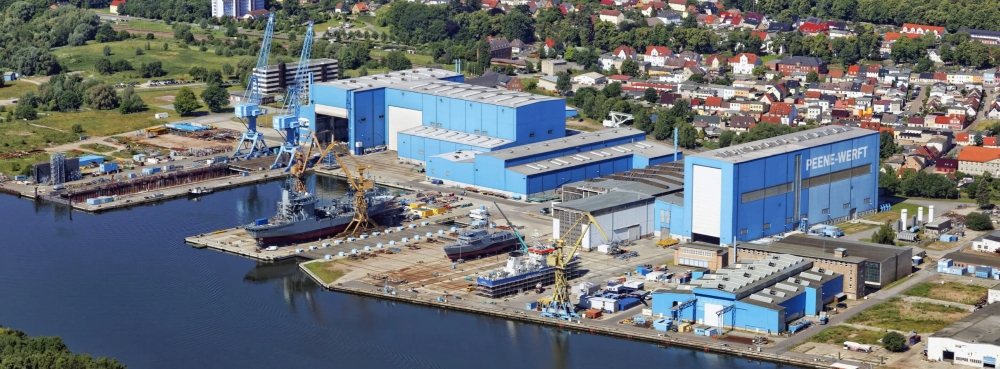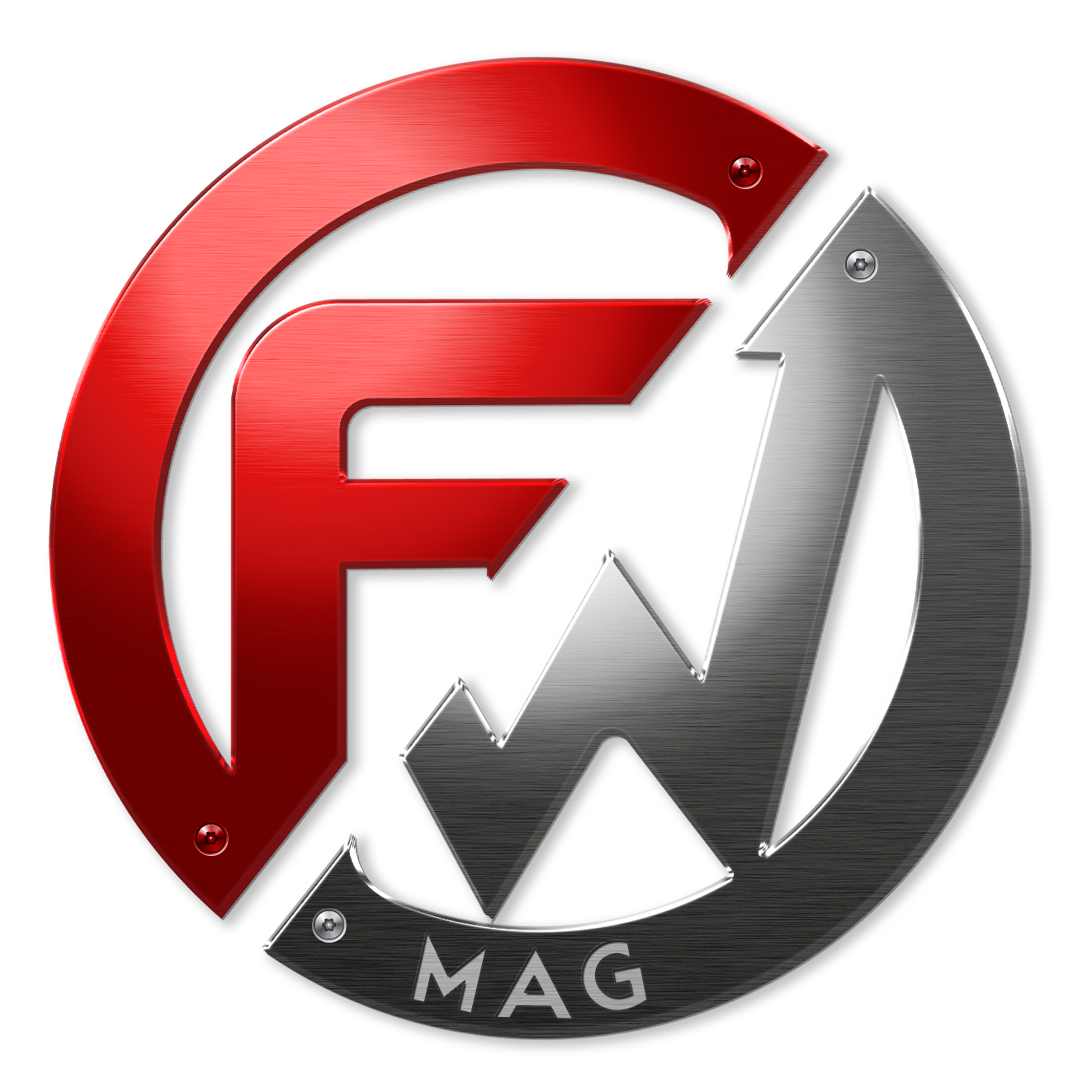
Rheinmetall's acquisition of Naval Vessels Lürssen (NVL) signals a shift in European defence consolidation that could reshape the continent's dynamics in the naval sector. The agreement, announced today, positions Germany's largest defence contractor as a comprehensive cross-domain system house while accelerating long-awaited consolidation in the fragmented European naval sector.
The acquisition comes against the backdrop of Europe's urgent need to consolidate its defence industry. European naval shipbuilding currently suffers from extensive fragmentation, with ten European countries manufacturing naval surface combatants including destroyers, frigates, and corvettes. This atomization prevents economies of scale, inhibits capability development, and frustrates military interoperability across NATO allies. The transaction, expected to close in early 2026 pending regulatory approval, transforms Rheinmetall from a land-based defence specialist into a comprehensive naval systems provider.
NVL brings substantial capabilities to Rheinmetall's portfolio. Operating four shipyards across northern Germany—Peene-Werft in Wolgast, Blohm+Voss and Norderwerft in Hamburg, and Neue Jadewerft in Wilhelmshaven—plus international locations, NVL employs approximately 2,100 people globally and generated €1 billion in sales during 2024. The company has delivered around 1,000 ships to over fifty navies and coast guards since its founding 150 years ago.
Particularly significant is NVL's works in autonomous maritime surface systems research and development. The company supports naval fleets throughout their entire lifecycle, providing maintenance and repair services that ensure continuous operational readiness. NVL was separated from Lürssen's yacht division in 2021, continuing as an independent company within the family-run Lürssen Group until this acquisition.
The Rheinmetall-NVL deal builds upon earlier German naval consolidation initiatives. In 2020, Lürssen established a long-term cooperation agreement with German Naval Yards Kiel, with existing military and naval surface shipbuilding activities contributed to a joint company led by the Bremen-based Lürssen Group. This earlier consolidation aimed to improve the German shipbuilding industry's structure and enhance its efficiency and sustainability.
The German government actively supported these consolidation efforts, with Maritime Coordinator Norbert Brackmann providing expertise throughout the process. As Iskandar Safa, CEO of Privinvest Holding SAL, explained at the time: "The consolidation in Germany is long overdue. Germany has first-class naval yards and excellent technologies. However, our customers require partners with sufficient scale and capabilities to fulfil large-scale orders of strategic importance".
NVL holds significant involvement in Germany's F126 frigate programme, where Dutch shipbuilder Damen Naval serves as main contractor while partnering with German subcontractors including Blohm+Voss, part of the Lürssen Group. However, this program has experienced significant challenges, with IT-related issues between main contractor Damen Naval and subcontractors causing production delays. The first ship delivery has been pushed from 2028 to potentially later dates due to problems with design and manufacturing software interfaces. These difficulties highlight the complexities inherent in international naval cooperation and the potential benefits of more consolidated industrial structures.
The Rheinmetall-NVL acquisition occurs amid broader European defence consolidation initiatives that have achieved mixed results. The Naviris joint venture between Italy's Fincantieri and France's Naval Group, launched in January 2020, was intended as a first step toward wider European naval consolidation. However, as French Navy Chief Admiral Nicolas Vaujour acknowledged in a French parliamentary meeting, Naviris "unfortunately didn't quite live up to expectations".
European naval shipbuilding faces fundamental structural challenges. With approximately 14 shipyards competing across Europe, the industry lacks the scale necessary for effective global competition. Admiral Vaujour noted that in an ideal scenario, Europe would have "three or four that challenge each other but would above all be winning export market share abroad".
Political realities complicate consolidation efforts. As Vaujour observed: "We have the political ambition to be more coherent, from an industrial point of view, and to divvy up the market a little, so to say. But the reality is, we all agree here that if we must choose between Naval Group and Fincantieri, obviously it's Naval Group. And when you're in Italy, they of course say Fincantieri".
Rheinmetall's transformation into a comprehensive naval systems provider carries significant implications for European defence capabilities. The company plans to offer complete system solutions integrating "naval missiles and launchers, main and secondary guns for the navy, missile defence, sensors and other electronics" delivered from a single source. This approach addresses a critical gap in European naval capabilities while potentially improving cost-efficiency and system integration.
The acquisition leverages Rheinmetall's existing international market presence and customer trust, combined with NVL's heavy infrastructure, employee expertise, and equipment capabilities. Synergy effects are expected with Rheinmetall's Vehicle Systems division, which operates sites in Kiel and Flensburg, creating opportunities for shared material and technology expertise.
Rheinmetall's stock valuation has risen dramatically since early 2022, reaching nearly €90 billion as European nations accelerate military buildup following Russia's invasion of Ukraine. The company benefits from increased defence expenditures across Europe, though recent financial results showed €2.85 billion in sales for the three months ending in June, falling below projections due to contract approval delays in Germany.
The naval acquisition represents a strategic diversification as Rheinmetall expands beyond its traditional ammunition and land systems focus. The company recently opened Europe's largest munitions factory, capable of producing 350,000 artillery shells annually by 2027, demonstrating its commitment to meeting increased European defence demands across multiple domains.
Furthermore, the Rheinmetall-NVL deal may catalyse further European defence consolidation, following the precedent set by Rheinmetall's October 2024 joint venture with Italy's Leonardo for military combat vehicles. As Leonardo CEO Roberto Cingolani noted at that time, "This initiative is integral to strengthening Europe within the Atlantic Alliance. We must plant the seeds of consolidation, which should be led by major players in this field".
European policymakers increasingly recognize consolidation's necessity. The European Commission's March 2025 White Paper for European Defence Readiness 2030 emphasizes the need to strengthen the defence industry by closing capability gaps and supporting consolidation. The Defence Readiness Omnibus proposed in June 2025 includes measures to simplify defence investment rules and accelerate capability development.
Germany's industrial capacity expansion, exemplified by Rheinmetall's acquisition of Naval Vessels Lürssen and major ammunition production facilities, establishes German companies as Europe's primary defence suppliers. Chancellor Merz's ambition to create "the strongest conventional army in Europe" reflects Germany's assumption of continental leadership responsibilities, while France struggles with fiscal constraints that limit its ability to maintain its traditional role as Europe's military power.








